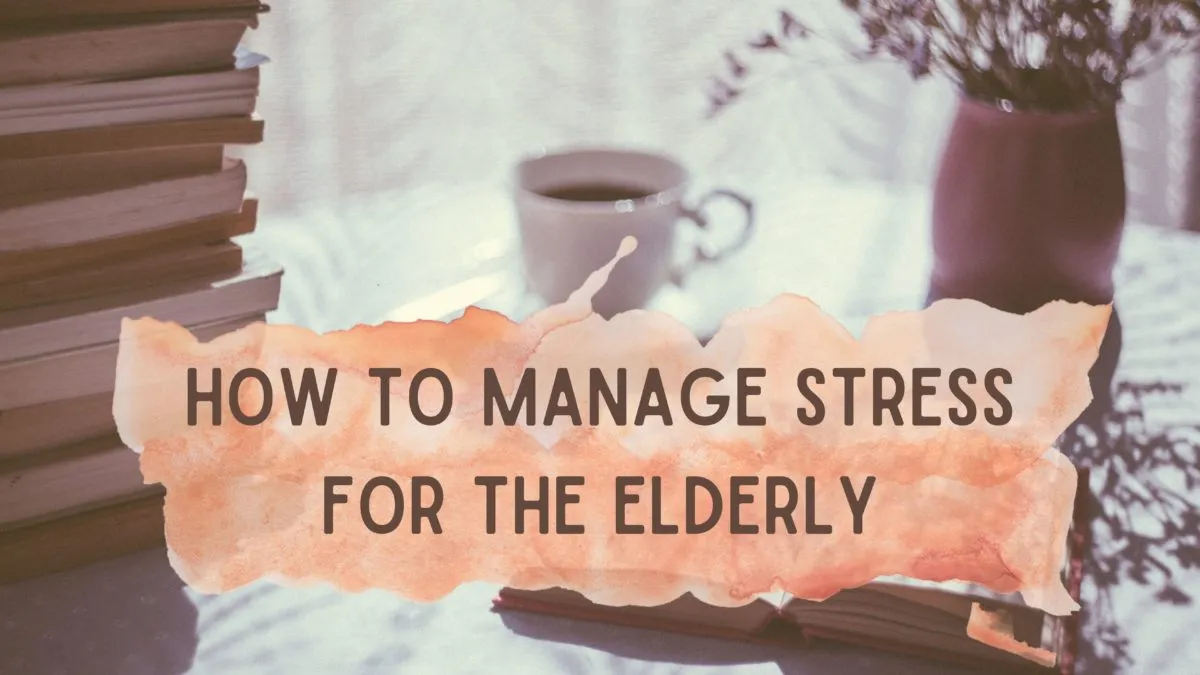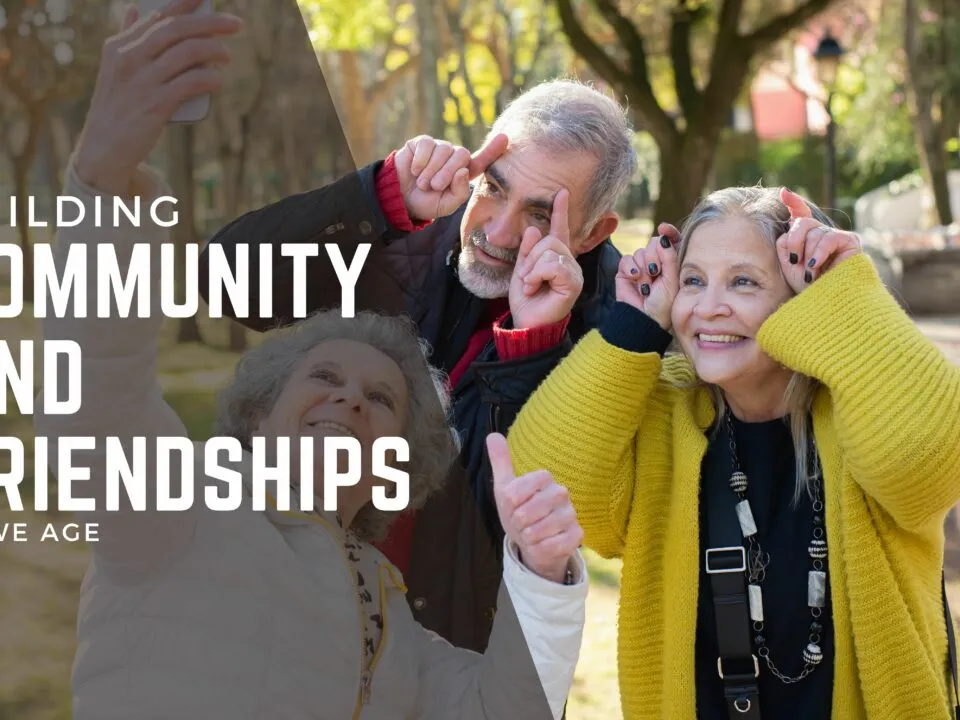
Top 10 Senior Snacks Ideas
March 31, 2021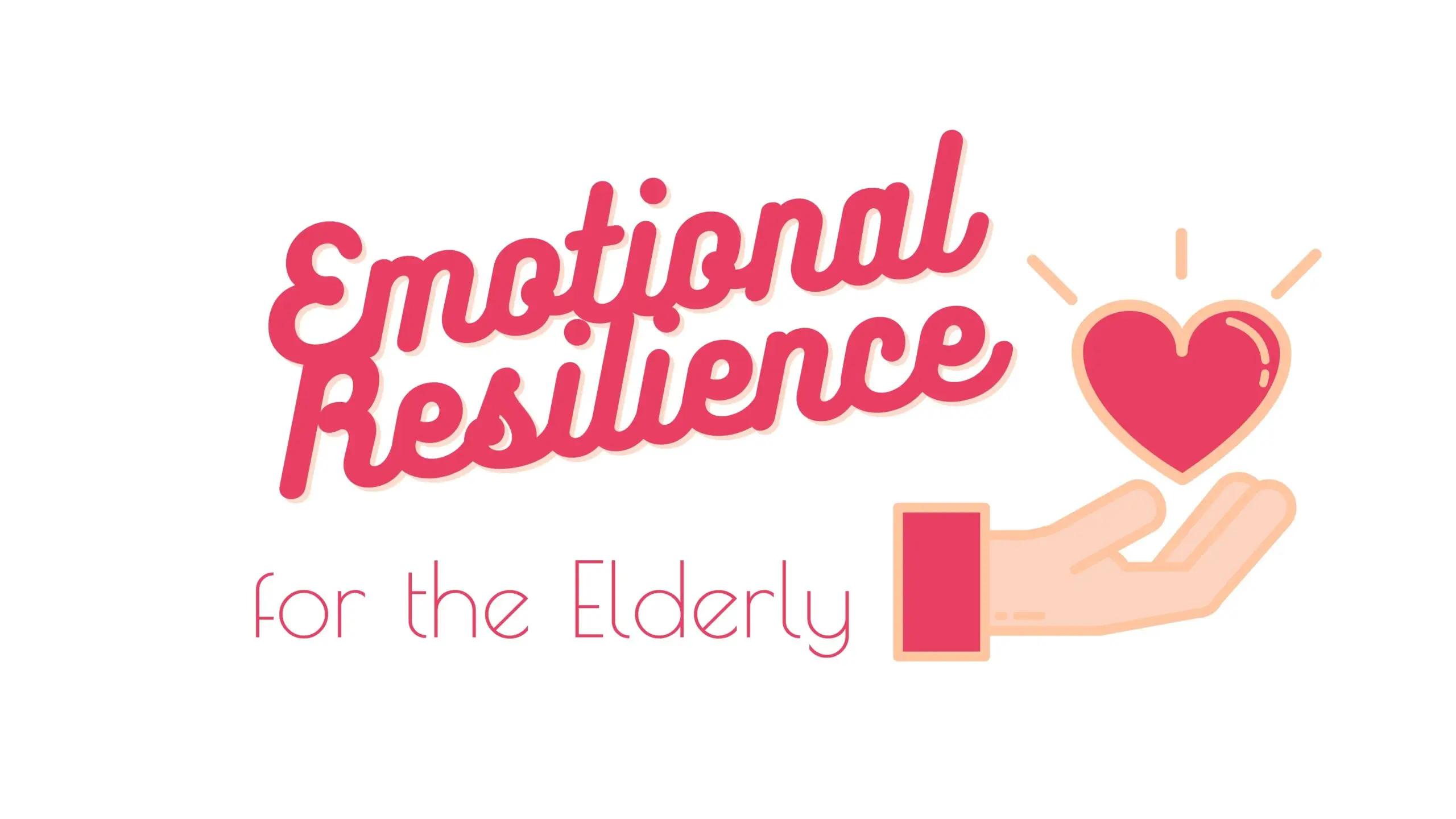
Emotional Resilience for the Elderly
April 13, 2021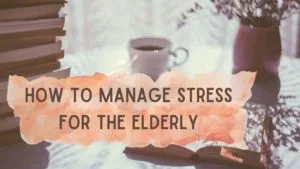
Stress is a common part of all of our lives. There are different things in our lives that cause stress, and those triggers change as we age. Unfortunately, many think the goal is to no longer experience stress once we are older. But instead of eliminating stress, we should be striving to understand what is causing our individual stress and learn how to manage it. Today, we’re going to address some main causes of stress in the elderly, some tips to help manage that stress, and why it’s important for our overall wellness to manage that stress.
Just like when we are young there is a lot of stress when it comes to friend and family relationships. However, when we were younger it was about balancing time, promises, and commitments. As we age, this type of stress can instead be coming from close friends or family passing away or changes in relationships as children move away or have their own families. Some other common causes of stress in the elderly are:
- Too much free time can create feelings of loss of purpose
- Loss of abilities such as mobility, hearing, or vision
- Worries about not being able to take care of oneself as you used to
- Changes in financial status, especially after retiring
- Sickness of oneself or spouse
There can sometimes be some barriers in the elderly to discussing these stressors openly with doctors and other trusted individuals. So, here is a short list of some of the symptoms that you can see among the elderly that can help you raise the concern and question if they are stressed. 
- Changes in eating habits such as under-eating or overeating
- Mood swings, including increased irritability or frequent crying
- Memory issues, such as forgetfulness or lack of concentration
- Increased isolation, even from family members
- Body aches and muscle pain
These symptoms aren’t a full comprehensive list of stress symptoms but seeing these changes in a loved one or a resident can help you to ask the questions out of concern. It’s also important to ask them these questions because stress can hurt our wellness. Stress can affect our sleep negatively, can raise our blood pressure, suppress our immune system, or cause us to feel sick. So, how do we make it so our stress doesn’t overwhelm us?
We can do a lot to manage stress in a healthy way that includes physical and mental changes. Today, we are going to cover just a couple of suggestions. To begin with, it’s always helpful to talk out those feelings with a trusted loved one or a professional. Doing this can help ease feelings of loneliness and help to increase feelings of peace and love. Second, engage in some form of physical activity, even light activity can benefit the body aches and mood swings. Third, get involved and volunteer. It doesn’t have to be hard, but even just volunteering at a local library can help you to regain feelings of accomplishment that may have been lost after retirement. Last, learn a relaxation technique. This can be a couple of minutes of meditation or breathing exercises that help to calm down that stress response.
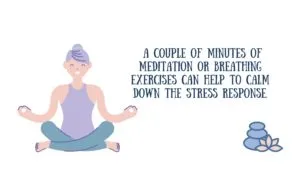
Overall, stress can be detrimental to our physical and mental wellness so it is vital to pay attention to signs of stress and learn how to manage it in a healthy way. Feel free to give us a call to learn more about what we at The Wildflower do to help ease stress among our residents!
Resources
https://www.comfortkeepers.com/info-center/category/senior-health-and-wellbeing/article/five-signs-of-senior-stress
https://www.elderly.gov.hk/english/healthy_ageing/mental_health/stress.html#:~:text=Common%20sources%20of%20stress%20for%20elderly%20include%3A&text=Caring%20for%20a%20sick%20spouse,being%20able%20to%20live%20independently
https://www.health.harvard.edu/aging/how-stress-affects-seniors-and-how-to-manage-it\

